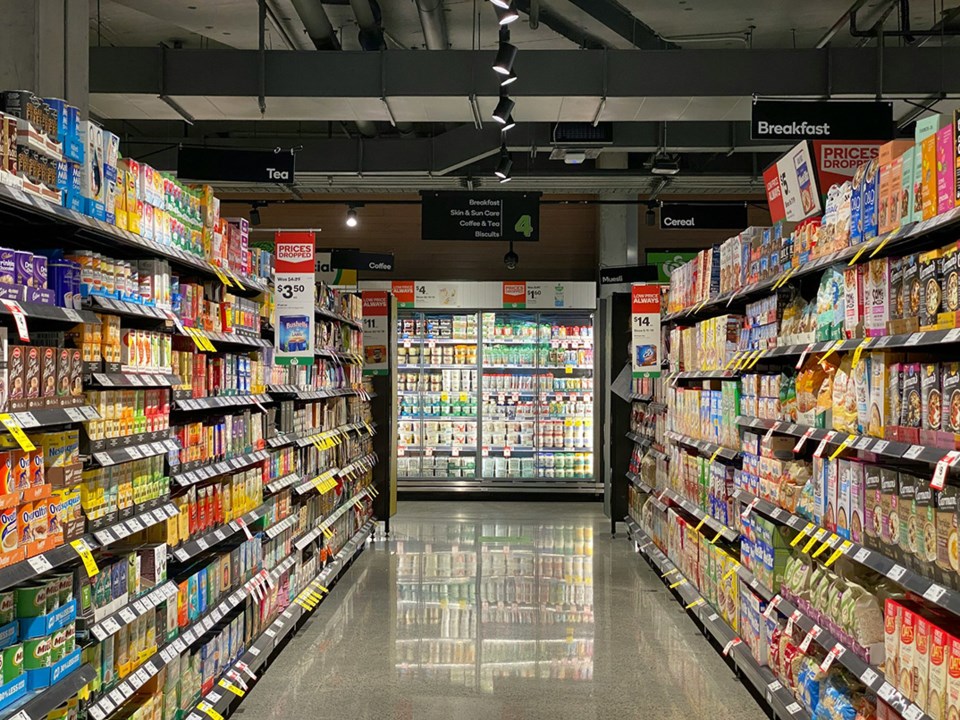The GST holiday is framed as relief for Canadians grappling with rising food prices. Yet economists specializing in food policy warn it may fail to deliver meaningful assistance and could even exacerbate challenges for consumers and the broader economy.
Insights from the recently released , a collaborative effort by researchers at Dalhousie University, the University of Guelph, the University of Saskatchewan, and the University of British Columbia, reveal why this policy might backfire.
The report anticipates food price increases of three to five per cent in the coming year, with some categories, like meat, potentially rising as much as six per cent and vegetables by five per cent. These escalating costs are occurring against a backdrop of record food insecurity, which affects more than 22.9 per cent of Canadian households.
The GST holiday also risks encouraging opportunistic pricing by major grocers, many of whom have faced scrutiny for their pricing strategies. Retailers like Loblaws, Metro, and Sobeys may subtly raise prices during the holiday to protect margins – not only on taxable products but also on non-taxable foods. This could create a ripple effect, lifting prices across the board and undermining any expected savings for consumers.
Other factors contributing to rising food costs include recycling fees that manufacturers must pay in Ontario and other provinces. These fees, intended to shift waste management costs from municipalities to producers, are often passed on to consumers. These costs, combined with pressures such as labour shortages in agriculture, logistical bottlenecks, and climate-related production challenges, make it difficult to achieve meaningful price relief for Canadian families.
For households experiencing food insecurity, the GST holiday offers little tangible benefit. Vulnerable families prioritizing basic staples over discretionary spending will see negligible savings. In March 2024 alone, food banks across Canada recorded two million visits, according to Food Banks Canada’s Hunger Count. These alarming figures underscore the inadequacy of temporary tax relief in addressing the deep-seated issues of affordability.
Critics also highlight the inefficiency of temporary tax holidays. Politically convenient but economically ineffective, such measures fail to tackle the systemic issues driving food price inflation. Resources allocated to implementing a GST holiday could be better spent on long-term solutions, such as strengthening local food supply chains, providing targeted subsidies for vulnerable populations, fostering agricultural innovation, and addressing industry-wide cost pressures like recycling fees.
Temporary measures, like government-issued cheques aimed at “buying support with people’s own money,” further complicate the landscape. These one-time payments offer fleeting relief while failing to address root causes. Critics argue such initiatives are little more than political band-aids, giving the illusion of support while ultimately recycling taxpayer funds.
A permanent elimination of the GST on food sold in grocery stores would have been a far better approach. The GST is a regressive tax that disproportionately affects lower-income Canadians, who spend a larger share of their income on basic necessities like food. Removing this tax entirely would provide meaningful, lasting relief without the temporary distortions or potential for abuse that a limited holiday or one-time payments bring. This structural reform would better support vulnerable households while simplifying the system and rebuilding trust in food pricing.
The GST holiday, despite its appeal as a quick-fix solution, risks worsening the very problems it aims to solve. While Canadians may initially feel relief at the checkout counter, the broader impact could include rising prices, frustration, and missed opportunities for meaningful reform. The 2025 Canada’s Food Price Report emphasizes the need for policies that build resilience and trust in the food system, advocating for sustainable solutions over temporary fixes.
As former U.S. president Ronald Reagan famously said, “Government is not the solution to our problem; government is the problem.” Temporary fiscal measures like the GST holiday exemplify this, offering political convenience at the expense of real solutions. To truly address food affordability, Canada must focus on structural reforms that provide lasting relief for families and ensure transparency and trust in the food system.
Dr. Sylvain Charlebois, a Canadian professor and researcher specializing in food distribution and policy, is a senior director of the Agri-Food Analytics Lab at Dalhousie University and co-host of The Food Professor Podcast. He is frequently cited in the media for his insights on food prices, agricultural trends, and the global food supply chain.
©
The commentaries offered on 小蓝视频 are intended to provide thought-provoking material for our readers. The opinions expressed are those of the authors. Contributors' articles or letters do not necessarily reflect the opinion of any 小蓝视频 staff.




